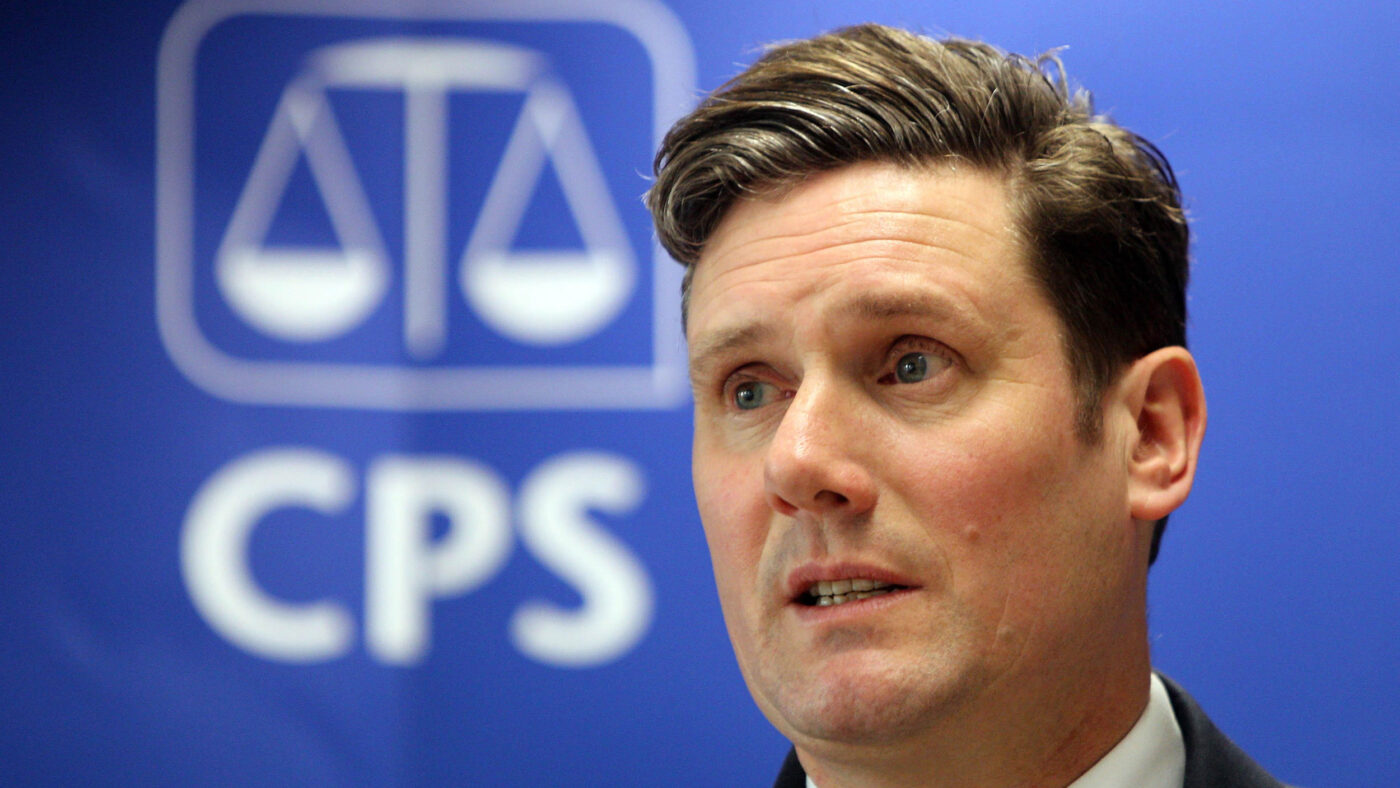The election campaign has well and truly started, and neither side is holding back. In answer to Keir Starmer’s attempts to win over middle England and the aspiring working class in the Midlands and North with tough-sounding rhetoric on law and order, Tories and sympathetic outlets have sought to show that he is, in fact, worryingly soft on crime.
Just before Christmas, for example, the right-leaning press ran a story (entirely true) that when at the Bar, Starmer had been on the legal team of Abu Qatada – a particularly nasty Islamist rabble-rouser who, until finally bundled onto a plane to Amman by Theresa May in 2013, made a practice of issuing blood-curdling fatwas calling for the murder of both Jews and Muslim apostates. He was represented by Starmer in deportation proceedings in 2008.
This week had brought further revelations. Between 2002 and 2014, a good deal of Starmer’s work involved acting on behalf of people facing the death penalty in those Commonwealth countries that retained it. These endeavours, as The Sun made clear on Monday, involved efforts to befriend, support and save the lives of a number of ‘sick criminals’, including several grisly multiple murderers and baby-killers.
Slam dunk? Not quite. This is an area where the Tories need to tread rather carefully. They would do well to avoid associating themselves too closely with attacks of this sort.
The first point is that such attacks are unfair. Barristers are bound by the so-called ‘cab rank’ rule, which means they cannot refuse to represent those they disapprove of, however strongly. And rightly so. Whatever you might think of Abu Qatada, we correctly pride ourselves on giving him the right to decent legal representation and decline to tar the lawyer who represents him with the brush of his unpleasantness. (It’s also worth remembering that were the Labour Party to get in and strengthen hate crime laws, as they have hinted, those with strong views on, say, trans issues or immigration might stand in need of some good lawyers.)
Similarly, on the death penalty, Starmer is at least consistent. He opposes it as a matter of principle, and in many of the cases where he appeared in opposition to it he did so for no fee. Whether you agree with his principles or not, they are shared by many people in Britain, including some Tory voters, and there is something unattractive about attacking him for consistently following them. Voters do have a sense of fair play, and it will not be difficult for Starmer to claim that that is precisely what he stands for.
The real danger for the Tories, though, is that however much people like Priti Patel and Suella Braverman may have talked the talk on law and order, most electors can see perfectly well from the crime figures that the government has not entirely walked the walk on it. Many will take the view that, if this is the best election issue the Tories can think of, they might as well give someone else a try.
And here we come to the main point. There are far better ways for the Conservatives to put the knife into Keir Starmer and quietly twist it. We can start with an obvious one: while Rishi Sunak gives at least an appearance of dynamism, in public Starmer is a disaster – he comes across as colourless and charmless, and unable to answer straightforward questions (for example, on the definition of a woman, or on how precisely his associate Lord Mandelson found himself given the regular use of Jeffrey Epstein’s New York apartment).
More importantly, however, the British people do not like the sight of incompetence, and there is plenty of evidence of that from his time with the Crown Prosecution Service especially – much of it exposed in Michael Ashcroft’s unflattering biography Red Knight.
The postmasters’ scandal, it’s worth remembering, may have hit the headlines last month – but it blew up during Starmer’s watch as Director of Public Prosecutions. One might have expected him to show an interest, if only with a view to taking over what was then a private prosecution by the Post Office in what was even then a high-profile series of cases. And this was also the time when many of the mistakes over the Rochdale grooming scandal were made. Technically, Starmer may be able to say these debacles were the fault of underlings – but it is the job of a senior manager to avoid such things as far as possible. Starmer didn’t.
Again, for all his rhetoric about the rule of law, we have to remember he also presided over Operation Elveden, in which numbers of investigative journalists probing local government and police misconduct found themselves arrested and bailed for years on onerous conditions. Although their files clearly all reached the CPS, all were eventually either cleared or not charged.
In short, when it comes to law and order, the Tories have plenty of material to go on. They merely need to select it carefully, and hit Starmer where it really hurts. Matters like Abu Qatada and death penalty activism they can, and should, quietly ignore. They have bigger fish to fry, if only they have the guts to do it.
Click here to subscribe to our daily briefing – the best pieces from CapX and across the web.
CapX depends on the generosity of its readers. If you value what we do, please consider making a donation.


